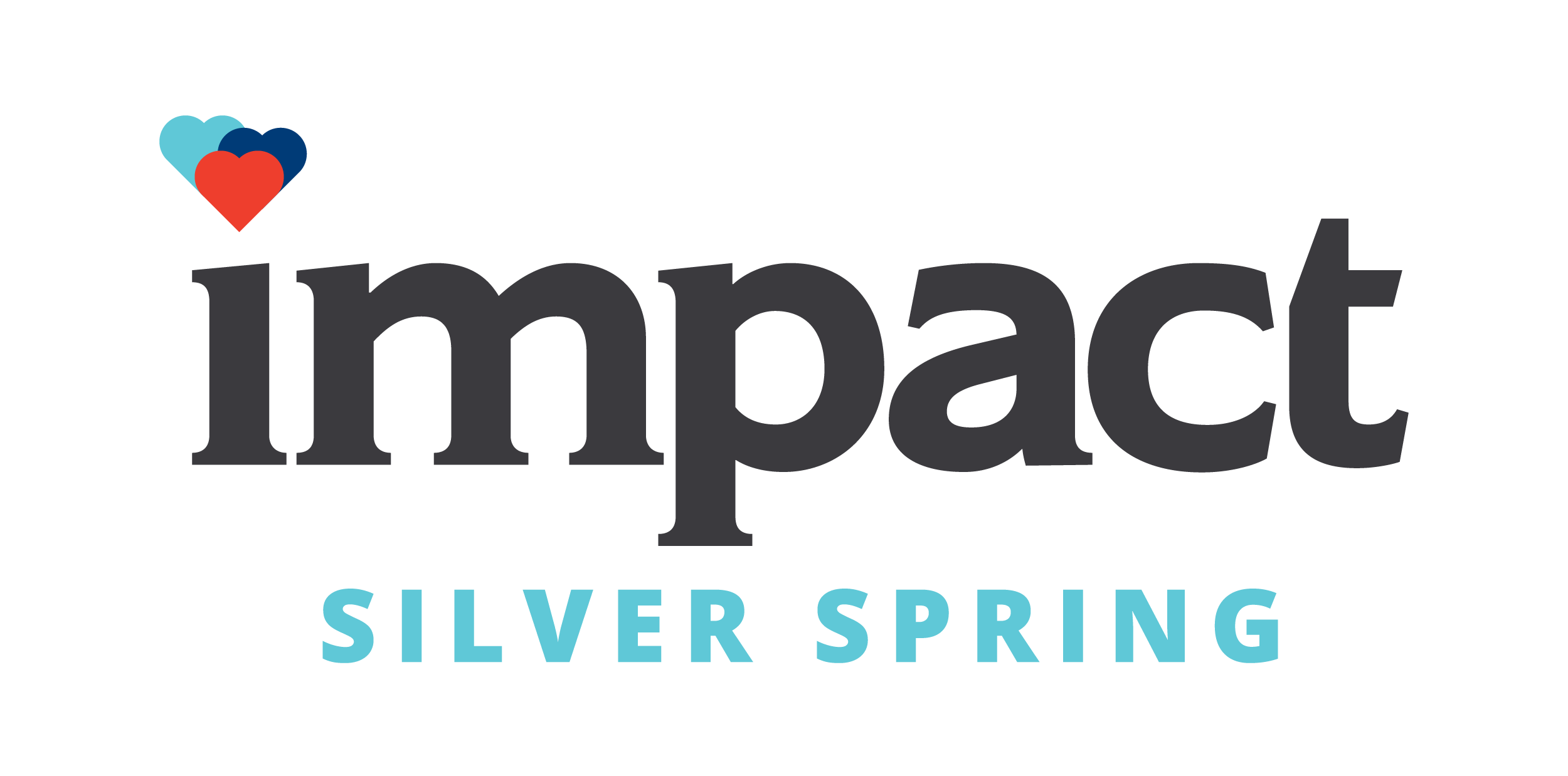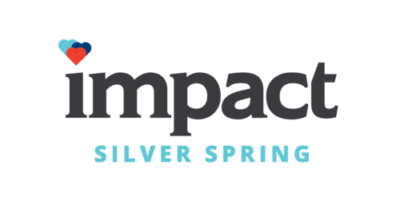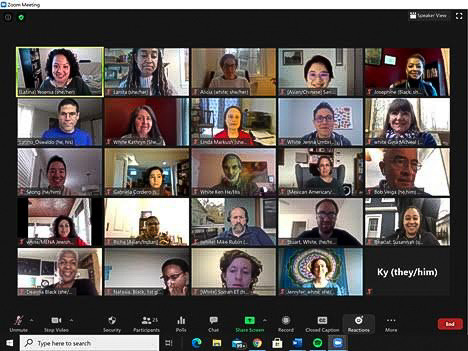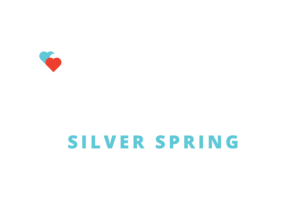The Weaver Learning Lab (WLL) brings together a range of community members who care deeply about equity, justice and liberation to focus on the deep inner transformational work necessary for outwards action and change. At the beginning of this year, the WLL facilitation team was preparing for a third cohort to go through another eight-month, in-person learning experience, but as we all know, Covid-19 changed our world and plans.
We recognized a different approach would be necessary given our new reality and in response, we moved the program online and condensed the Lab to five, bi-weekly, 2-hour sessions. Right before the launch of the summer cohort, our country experienced the horrific murders of George Floyd, Ahmaud Arbery and Breonna Taylor. The feelings of despair, hopelessness, anger, grief, and exhaustion were overwhelming. In addition, all the deaths, systemic inequities and the resulting racial disparities of Covid-19, hit too close to home. My glimmer of optimism for change has been fueled by 60 participants of different racial, ethnic, cultural backgrounds coming together to engage in the Weaver Learning Lab this year.
Weavers strive for a shared understanding of complex problems, and make space for one another to learn, reflect and lead for a better future. Our goal with the WLL is to offer people the opportunity to explore a range of complex topics such as: systemic racism, white supremacy culture, identity, power, and transformative relationships, and to grow a network of people who can support each other through the challenges encountered in creating change. In the Lab, participants also utilize a framework called Be-Block-Build to apply to their own social change efforts:
BLOCK: Stopping the harm from oppressive, unjust systems and institutions.
BUILD: Creating new relationships and structural alternatives that replace broken ones.
BE: Shifting our consciousness and deepening our capacity to care for ourselves and others through innerwork.
This framework recognizes that everyone is at a different place in their journey of anti-racism, but we all have a responsibility to address systemic racism whether it be at the individual level (what you have internalized), the interpersonal level (how you engage with others), or systemic level (working towards practices and policies). We believe this framework allows people to leverage their strengths, talents, and capacity in the pursuit of equity, justice, and liberation.




Leave a Reply